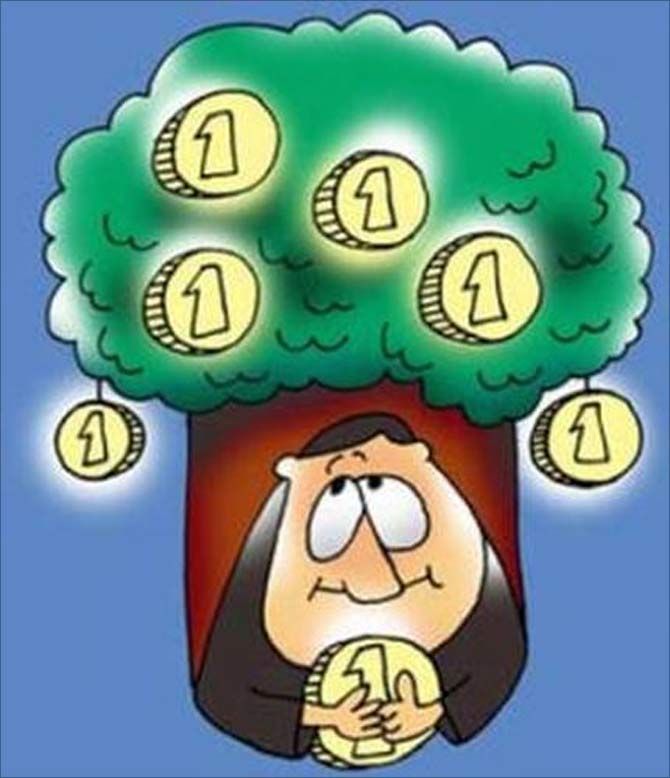 As a part of equity portfolio allocation, financial planners typically advise having 10-20 per cent exposure in mid-cap or thematic or sector schemes of mutual funds.
As a part of equity portfolio allocation, financial planners typically advise having 10-20 per cent exposure in mid-cap or thematic or sector schemes of mutual funds.
While the schemes are riskier than large-cap diversified equity schemes, they can provide an additional fillip to the portfolio when the markets are going up.
There is a risk of pulling down the performance as well during bad times. Investors would have experienced the positive side of mid-cap exposure in the past year.
For example, the S&P mid-and-small cap index is up 104 per cent in past one year – the highest among all indices.
The category average return of mid-and-small-cap funds is 95 per cent. In comparison, the S&P Sensex is up 37 per cent in the same period.
Clearly, an exposure to mid-and-small-cap funds, even at 20 per cent, would have improved the overall returns of the portfolio.
In a similar vein, fund houses are now launching products in the debt side which will have exposure to slightly-riskier papers. Fund houses like DWS Asset Management Company (AMC) and JPMorgan AMC have recently launched debt opportunities schemes. Templeton India, Reliance Mutual Fund, HDFC also have similar schemes.
“These are typically like mid-cap funds in the debt space in which investors who want to improve their returns from debt funds should invest,” says a financial planner.
A debt fund manager says that these schemes are being positioned in a way that when the economy starts doing better, these companies would perform better leading to better ratings.
The papers that these will hold will be below the AAA level. And the products are targeted towards investors who are willing to stay for at least, three years.
“Over the next two-three year period, interest rates will come down which will improve the returns of debt papers,” says Hemant Rustagi, CEO, WiseInvest Investment Advisors. When interest rates come down, there is appreciation in the price corporate bonds.
This improves returns for the investors. What is, however, important for investors is to look at two things: The fund house’s performance in debt and the fund manager.
For a good reason, too. While the small-and-mid-cap equity funds are best performers amid all mutual fund schemes, there is a huge divergence between the performance of the best and worst schemes.
For instance, the best performing mid-and-small-cap scheme has returned 152 per cent whereas the worst performing scheme has returned only 51 per cent in the past year – a huge difference.
In comparison, the best performing large-cap scheme has returned 63 per cent whereas worst performing has given 25 per cent. No wonder, one has to do proper research and if not possible, take professional advice before investing in such schemes. According to Rustagi: “Investors, who have not experienced market-linked products ever, can avoid them because it is important to grasp the nuances.
Someone who has already has a proper debt portfolio with products including short-term schemes, income funds, fixed maturity plans etc can add these products.”









